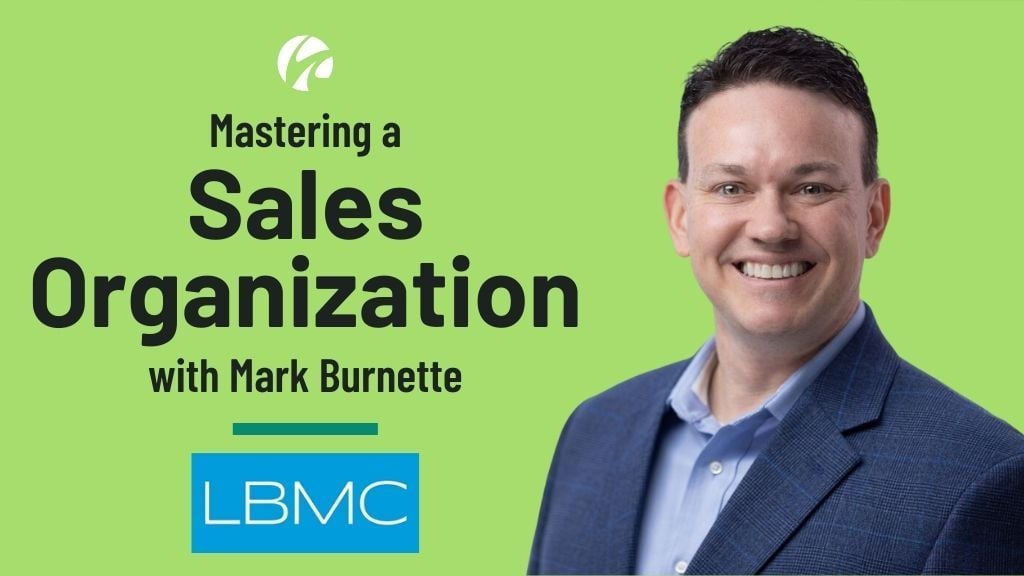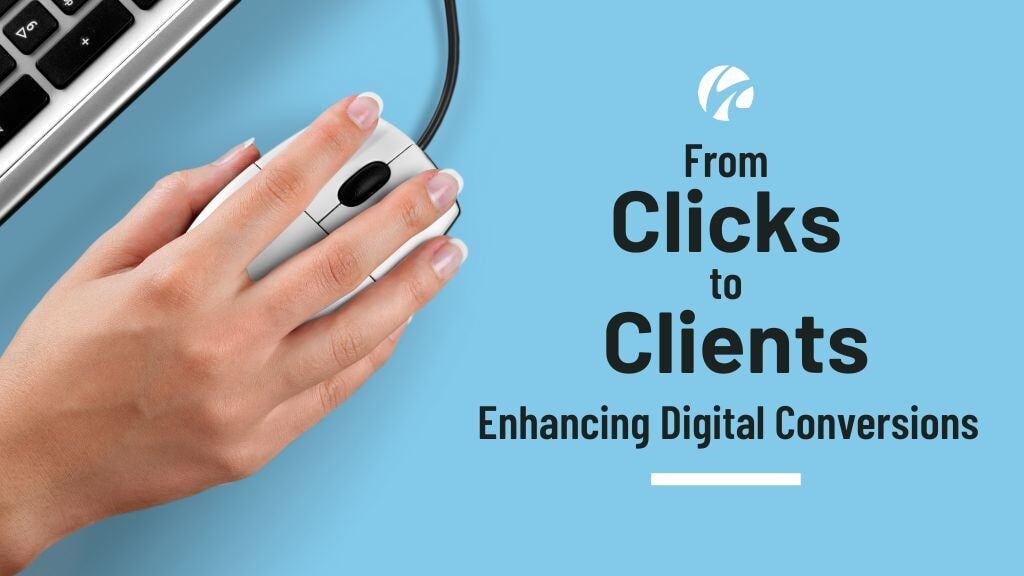3 min read
Mastering a Sales Organization in a CPA & Advisory Firm: Insights from Mark Burnette at LBMC
In our ongoing pursuit of understanding how culture impacts sales organizations within the realm of accounting firms, we had the privilege of...
Table of Contents
As a marketing consultant who works with high-growth accounting firms, I hear the term “client experience” or CX for short, with increasing regularity. While 5 years ago this term was little known or understood, our profession has quickly come to see that CX can be a strategic differentiator in a crowded, competitive marketplace. High-growth professional services firms are investing in CX at an unprecedented pace, despite economic instability.
Take, for example, the newly formed firm, FORVIS, that built their entire brand around the idea of CX:
FORVIS was created by the merger of equals between BKD and DHG. We now have the scale and scope of a dynamic, top 10 public accounting firm—but we’ll continue our legacy of Unmatched Client ExperiencesTM with remarkable care, expertise, and drive.
Client experience is the sum of all the touchpoints a firm has with a prospect or client over the lifetime of the relationship. This means that CX encompasses everything from how the phone is answered, and how work is scoped and delivered, to how invoices are prepared and sent. Whether your clients receive industry-focused newsletters or invitations to lunch is all a part of their client
experience.
CX is often conflated with client service, but they are not one and the same. Client service is what a provider does, and CX is how the client feels. As an example, after tax season, my accountant sends me an invoice for the services provided. Imagine, now, that she includes a handwritten note that says “Thanks for continuing to trust in me. I enjoy working with you every year and look forward to helping you again next year.” What’s the difference? In the first example, I feel like I’m receiving an invoice – not a particularly pleasant experience, especially if the fees have creeped up since last year. In the second example, I receive the invoice with a warm and friendly tone and I can’t help but smile as I process the invoice. See how a little gesture can make a big impact?
Now let’s go one step further. My hypothetical accountant knows that finances this year are particularly tight and proactively offers to spread out my fees across a longer time horizon without an explicit request. This is a huge value driver for me as a client. CX can be improved when relationships are genuine, providers are empathetic, and personalized consideration and value is offered up, in addition to the deliverables included in the scope of work. Unfortunately, in many cases, providers simply don’t have the time, training, or empathy to go the extra mile to
“surprise and delight” their clients on an ongoing basis.
To help foster that level of care, an increasing number of accounting firm leaders are investing in CX programs. CX programs are a bit like old family recipes. They can include a variety of ingredients in varying amounts to best support the unique values of each firm. Here are a few examples of “ingredients” that you may wish to consider including in your program:
Regardless of what you include in your “recipe,” it’s important to remember the inherent value of having a CX program. Great CX leads to happy, repeat clients and positively impacts the bottom line. Here are just a few reasons to believe as you get started:
Now that you’re on board with the idea of investing in your firm’s client experience, here are three suggestions for how to get started.
First, you will need to spread the gospel and gain the buy-in of your firm’s leadership.
Educate your leadership team on the value of CX, sharing articles and insights from key players in the CX field. I have personally learned a ton by attending CXps, an annual conference focused on client experience for professional services firms like ours.
As a part of the process of getting leadership buy-in, ask them what elements are important to them. Brainstorm together as a group and then try to identify no more than 3 key strategies for focus. Try to ensure that client feedback is at the top of the list for your strategy so that you have a continuous feedback loop for any service improvements you may deploy as a part of your CX program. It will help to have a concrete “ask”: I suggest getting approval for a 2-year initial program, including budget approval, so that you have the time and investment needed to test and iterate new ideas.
Once you have your leaders on board with your strategy, you can create a 2-year
roadmap to tie your tactics to your 3-part strategy within the approved budget. Also,
don’t forget to gather CX champions, communicate your efforts, and celebrate your
successes as you go.
Getting started is often the most daunting part, so I encourage you to start small. Ask your top clients to help provide feedback, either in an interview or survey format.
According to Gartner research, companies that collect and analyze customer feedback are more successful in implementing CX projects. Whether you use a web form or a Net Promoter Score (NPS) program, capturing qualitative as well as quantitative feedback can be a never-ending treasure trove of ideas for service improvement projects. But keep in mind that all feedback is a gift — even the negative feedback. If you ask for feedback, you’ll need to be prepared to act swiftly on it to demonstrate commitment to the client experience.
Good luck in launching your firm’s CX program! It’s not always an easy process, but it’s very rewarding when you can see the fruits of your labor in concrete terms — shorter sales cycles, higher win rates, lower client churn, and increased cross-selling revenue.
Alyson Fieldman is a seasoned marketing professional with over 20 years in professional services marketing. She works as a consultant with high-growth professional services firms to achieve their strategic, marketing, business development, and client/employee experience goals.
Alyson can be reached at alysonfieldman@gmail.com


3 min read
In our ongoing pursuit of understanding how culture impacts sales organizations within the realm of accounting firms, we had the privilege of...

5 min read
Last month saw the return of the popular Digital Deep Dive Summit: the only digital summit created exclusively for accounting firms. Held in...

2 min read
Leveraging Digital Innovation to Transform Prospects into Profitable Relationships As CPA firms increasingly transition to a digital-first...